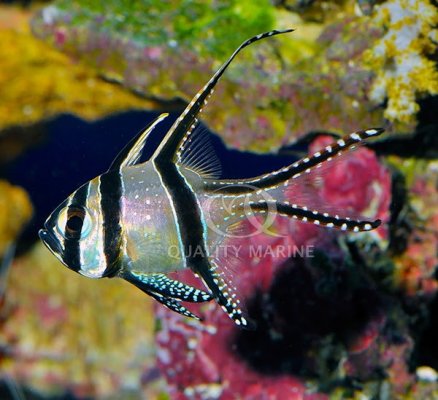Take action now- Submit your comments in opposition of the proposed 4(d) rule banning the import or export of Banggai Cardinalfish today! The National Oceanic and Atmospheric Administration (NOAA) has proposed 4(d) rule NOAA–NMFS–2023–0099, which would ban the import or export of the Banggai Cardinalfish into and out of the United States regardless of its source, which would include aquaculture. The vast majority of documented Banggai Cardinalfish (Pterapogon kauderni) imports into the U.S. originate from aquaculture farms abroad and play a vital role in our hobby. Recognizing the challenges faced by Banggai Cardinalfish over a decade ago, the aquarium trade took proactive steps to establish sustainable aquaculture facilities both domestically and internationally. While aquaculture exists in the U.S. for this species, it’s only a very small fraction of the total volume. Domestic production is very difficult, and is space and labor intensive, and will therefore likely never grow cost effective to meet the demand here in the U.S. You can access this submission portal by visiting this link to fill out the form and to share your thoughts on why the proposed rule would not serve the best interests of this species or the aquarium hobby and trade! Click here to learn more


Last edited:




















